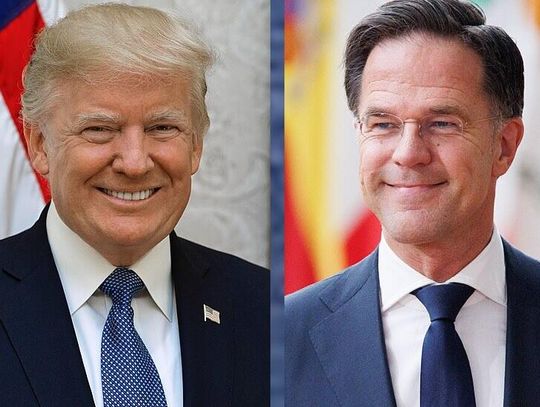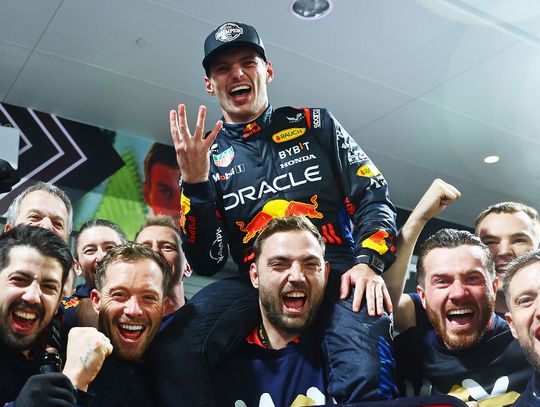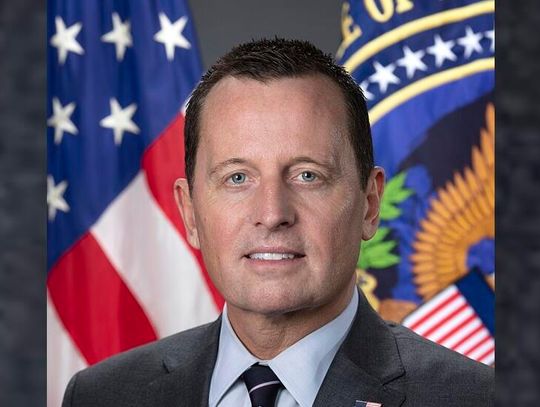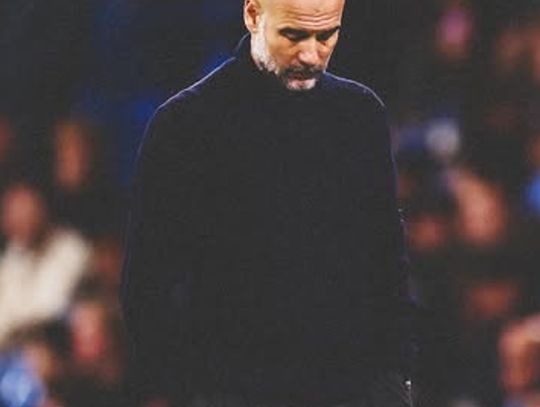Prawdopodobnie słyszeliście to stwierdzenie już milion razy. Prawdopodobnie dużo ostatnio słyszałeś o tym w wiadomościach i od znajomych z powodu okropnych rzeczy, które Rosjanie robią matkom, ojcom i dzieciom na Ukrainie.
To stwierdzenie to cytat z Williama T. Shermana. Był generałem armii Unii podczas wojny secesyjnej i wiedział, o czym mówi. Dowodził żołnierzami w jednych z najkrwawszych bitew wojny. Widział żołnierzy i cywilów umierających w Kentucky, Tennessee, Mississippi, Alabamie oraz w Północnej i Południowej Karolinie. Najgorsze zabójstwo miało miejsce prawdopodobnie w Georgii, gdzie on i armia Unii stosowali taktykę „spalonej ziemi”, która doprowadziła do zniszczenia wszystkiego, od Atlanty po Savannah. Marsz nad morze niszczył bazy wojskowe, zakłady przemysłowe i mienie cywilne.
Pozwólcie, że zacytuję jeszcze raz Shermana: „Wojna jest okrucieństwem”.
Wiele ostatnio myślałem o słowach Shermana.
Rozpoczynając o poranku i kontynuując w ciągu dnia, oglądam wiadomości o wojnie na Ukrainie. Widzę ludzi uciekających po eksplozjach. Widzę zmiecione z powierzchni szpitale, szkoły i hotele. Widzę rzesze uchodźców na peronach, którzy starają się znaleźć wyjście z piekła, którym stała się Ukraina. Widzę przestraszone matki, łkające dzieci, ojców, którzy wyglądają na zagubionych i straconych. Widzę też, jak ich zabijają.
Wojna to piekło i okrucieństwo.
Oglądam ją w wiadomościach, słyszę o niej od przyjaciół, a potem wracam do swoich codziennych rzeczy, które zawsze robię. Jem tosta i płatki śniadaniowe na śniadanie, idę do ogrodu i trochę pielę, idę do sklepu kupić żywność, której potrzebuję na jutro i pojutrze. Moje życie toczy się jak dotychczas. Wojna Putina przeciwko Ukrainie jest tylko chwilową przerwą w moim dniu. Przeważnie czuję, że nic nie mogę zrobić z terrorem, zniszczeniem, okrucieństwem i piekłem, które Rosjanie rozpętali matkom, ojcom i dzieciom na Ukrainie.
Wojna jest dla tych ludzi ciągłością i z tego, co wiem na temat inwazji Niemców i Rosji na Polskę, jaka dotknęła moich rodziców i miliony Polaków, którzy przetrwali wojnę, to cierpienie nigdy się nie skończy.
Wojna jest piekłem dla jej ofiar. Dla reszty nas, którzy oglądają ją w telewizji, jest tylko przerwą w codzienności.
Możemy mówić o tym, jak okropne jest to zabijanie. Możemy wysłać datki Lekarzom bez granic i Czerwonemu Krzyżowi. Możemy pisać do naszych rządów i przedstawicieli władzy, żeby zrobili coś, aby zakończyć tę wojnę. Możemy się pomodlić za koniec tego zabijania.
Ale nic z tego nie wystarczy. Nic nie wystarczy. Wojna to piekło i okrucieństwo.
War is Hell
You’ve probably heard that quote before a million times. You’ve probably been hearing it a lot recently on the news and from your friends because of the terrible things that the Russians are doing to mothers and fathers and children in the Ukraine.
The quote comes from William T. Sherman. He was a general in the Union Army during the American Civil War, and he knew what he was talking about. He commanded soldiers in some of the bloodiest conflicts in that war. He saw soldiers and civilians die in Kentucky, Tennessee, Mississippi, Alabama, and North and South Carolinas. The worst of the killing was probably in Georgia where he and the Union Army followed a “scorched earth” policy that resulted in the destruction of everything from Atlanta to Savannah. As he marched to the sea, he destroyed military bases, industrial facilities, and civilian property.
Let me give you another quote from Sherman: “War is cruelty.”
I’ve been thinking a lot about Sherman’s quotes recently.
Starting in the morning and throughout the day, I watch the news about the war in Ukraine. I see the people running from explosions. I see hospitals and schools and hotels being blown up. I see masses of refugees in train stations struggling to find some way out of the hell that Ukraine has become. I see mothers frightened, children weeping, fathers looking lost and hopeless. I see them being killed too.
War is hell and cruel.
I watch this on the news and hear about it from my friends, and then I turn back to the things I usually do. I have toast and cereal for breakfast, I step out into the garden and do some wedding, I go to the supermarket to buy some groceries that I’ll need for tomorrow and the day after. My life continues as it always does. Putin’s war against Ukraine is just a momentary pause in my day. Mostly I feel there’s nothing I can do about the terror and the destruction and the cruelty and the hell that the Russians have unleashed on the mother and fathers and children of Ukraine.
The war is constant for those people, and from what I know about how the invasion of Poland by Germany and the Russians affected my parents and the millions of Poles who survived that war, that suffering will never end.
War is hell for the victims of war. For the rest of us who watch it on TV, it’s just a pause in our regular routines.
We can talk about how terrible all this killing is. We can send donations to Doctors Without Borders and the Red Cross. We can write to our government representatives to do something to stop this war. We can pray for all this killing to end.
But none of that is enough. Nothing is enough. War is hell and cruelty.
John Guzlowski
amerykański pisarz i poeta polskiego pochodzenia. Publikował w wielu pismach literackich, zarówno w USA, jak i za granicą, m.in. w „Writer’s Almanac”, „Akcent”, „Ontario Review” i „North American Review”. Jego wiersze i eseje opisujące przeżycia jego rodziców – robotników przymusowych w nazistowskich Niemczech oraz uchodźców wojennych, którzy emigrowali do Chicago – ukazały się we wspomnieniowym tomie pt. „Echoes of Tattered Tongues”. W 2017 roku książka ta zdobyła nagrodę poetycką im. Benjamina Franklina oraz nagrodę literacką Erica Hoffera za najbardziej prowokującą do myślenia książkę roku. Jest również autorem serii powieści kryminalnych o Hanku i Marvinie, których akcja toczy się w Chicago oraz powieści wojennej pt. „Retreat— A Love Story”. John Guzlowski jest emerytowanym profesorem Eastern Illinois University.-John Guzlowski's writing has been featured in Garrison Keillor’s Writer’s Almanac, Akcent, Ontario Review, North American Review, and other journals here and abroad. His poems and personal essays about his Polish parents’ experiences as slave laborers in Nazi Germany and refugees in Chicago appear in his memoir Echoes of Tattered Tongues. Echoes received the 2017 Benjamin Franklin Poetry Award and the Eric Hoffer Foundation's Montaigne Award for most thought-provoking book of the year. He is also the author of two Hank Purcell mysteries and the war novel Road of Bones. Guzlowski is a Professor Emeritus at Eastern Illinois University.











